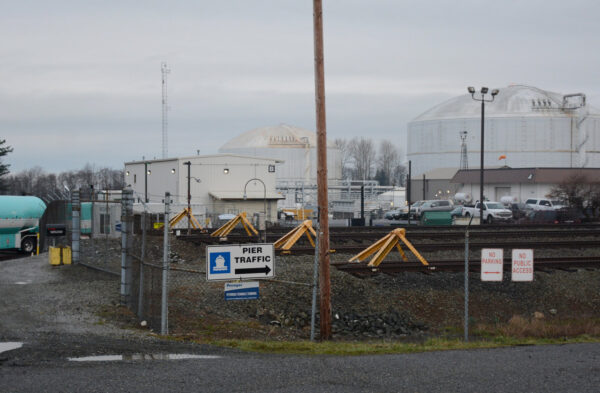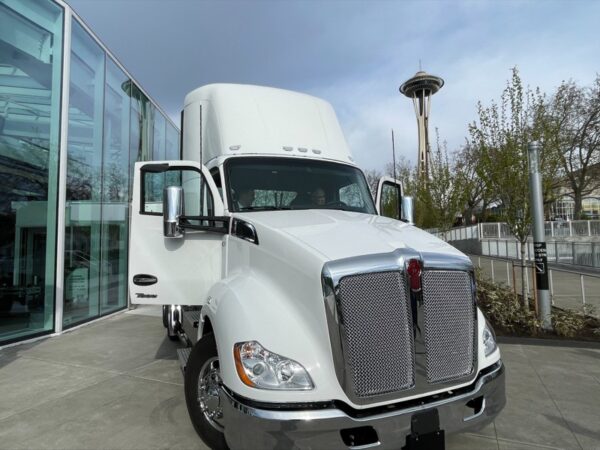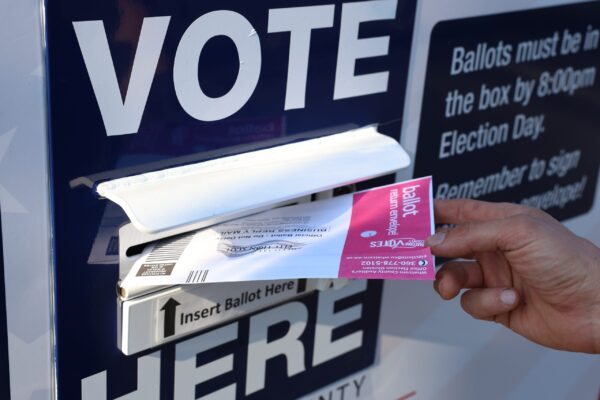A key indicator of climate change is found in the ever-increasing rate at which ice is disappearing across the planet; nearly 1.2 trillion tons each year.
While the speed of ice loss is now in line with worst-case scenarios for people and our environment, we will not achieve climate justice without racial justice. We must address the disproportionate impacts of climate change with the urgency that our communities and the science demand.
In the legislature, our elected environmental and racial justice champions are meeting this demand by advancing a number of key measures to deal with the climate crisis that benefits all of our communities, including the HEAL Act, updating the Growth Management Act to center climate, and reducing carbon content in building materials.
For our state to fund implementation of these and many critical policies in the midst of a massive multi-billion dollar budget shortfall, legislators are weighing various carbon pricing options that require polluters to pay for the harm they cause.
This is a needed tool to advance equitable and culturally responsive climate action.
Simply put, carbon pricing is a cost applied to carbon pollution that can generate important revenue. A price on carbon can be done in different ways–from requiring emission reduction alongside investments to focusing more on the investments to achieve reductions.
While we consider carbon pricing a necessary tool to fund and invest in our climate vision, it must center front-line communities and tribal nations that bear the most harm, reduce pollution, and create family-wage jobs.
What are the two carbon pricing bills introduced so far?
· Climate Commitment Act, a cap & trade program (SB 5126), which was requested by Governor Inslee, drafted by Senator Reuven Carlyle, and co-sponsored by environmental champions, including Senators Rebecca Saldana, Joe Nguyen, and Mona Das; and
· The Washington Strong bill, a carbon tax and green bond program (SB 5373), crafted by Senator Liz Lovelett, and we expect a House version to be introduced by Representative Debra Lekanoff.
Recently, KNKX’s Bellamy Pailthorp wrote about carbon pricing proposals in the 2021 legislative session, introducing the two options before lawmakers. She spoke with Cliff Traisman, Washington Environmental Council/Washington Conservation Voter’s longtime lobbyist, who said “…momentum for climate action is mounting and there’s no time to waste in getting good policies in place.”
In Bellamy’s story, Cliff articulates that, “…Washington Environmental Council is still looking for proposals that achieve the equity and justice they’re willing to support. They’re not opposing the Climate Commitment Act. But Traisman says there is widespread agreement: Offsets are a problem. ‘We would not support a bill that allows a preponderance of offsets, where companies would be allowed to pollute in these frontline or fence-line communities, and then just sell offsets elsewhere to offset their pollution. That perpetuates systemic racism, he says. ‘That does not serve’ the residents of Washington state.”
To evaluate options, we created a guide for our analysis and advocacy in this space, including standards such as equitable, anti-racist carbon reductions; investments in Washington’s workers and in frontline communities first; and upholding tribal sovereignty. The guide focuses on the structure, emission reductions, and investments we want to see in each potential policy. [Please click here to learn more]
While we consider carbon pricing a necessary tool to fund and invest in our climate vision, it must center front-line communities and tribal nations that bear the most harm, reduce pollution, and create family-wage jobs.
We have a long history as an organization and as a state engaging on this and other environmental issues up for consideration in the 2021 legislative session. We listen to and engage with front-line communities, youth activists, tribal nations and Affiliated Tribes of Northwest Indians, Washington Black Lives Matter Alliance and other black led coalitions, the Washington Climate Alliance for Job & Clean Energy, and other partner organizations to work constructively for effective climate policies in the legislature.
As currently written, both of these carbon pricing bills need additional work to reflect our values and focus on equity. This happens each legislative session, as we partner with legislators and advocates to evolve bills from draft form to incorporating principles we all demand.
The next scientific report confirming our planet is warming may force urgency, but in the tailwind of urgency, we must fight for every Washingtonian. We draw strength from our members, and wisdom from our partners knowing the ultimate beneficiaries of our work: the environment, our communities, and future generations.
##


